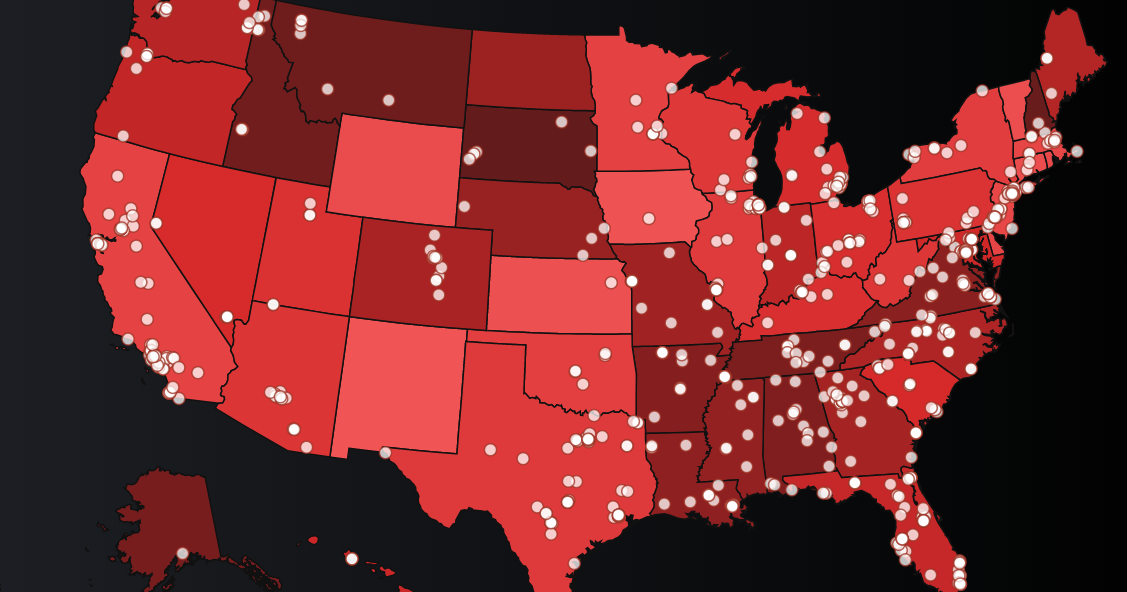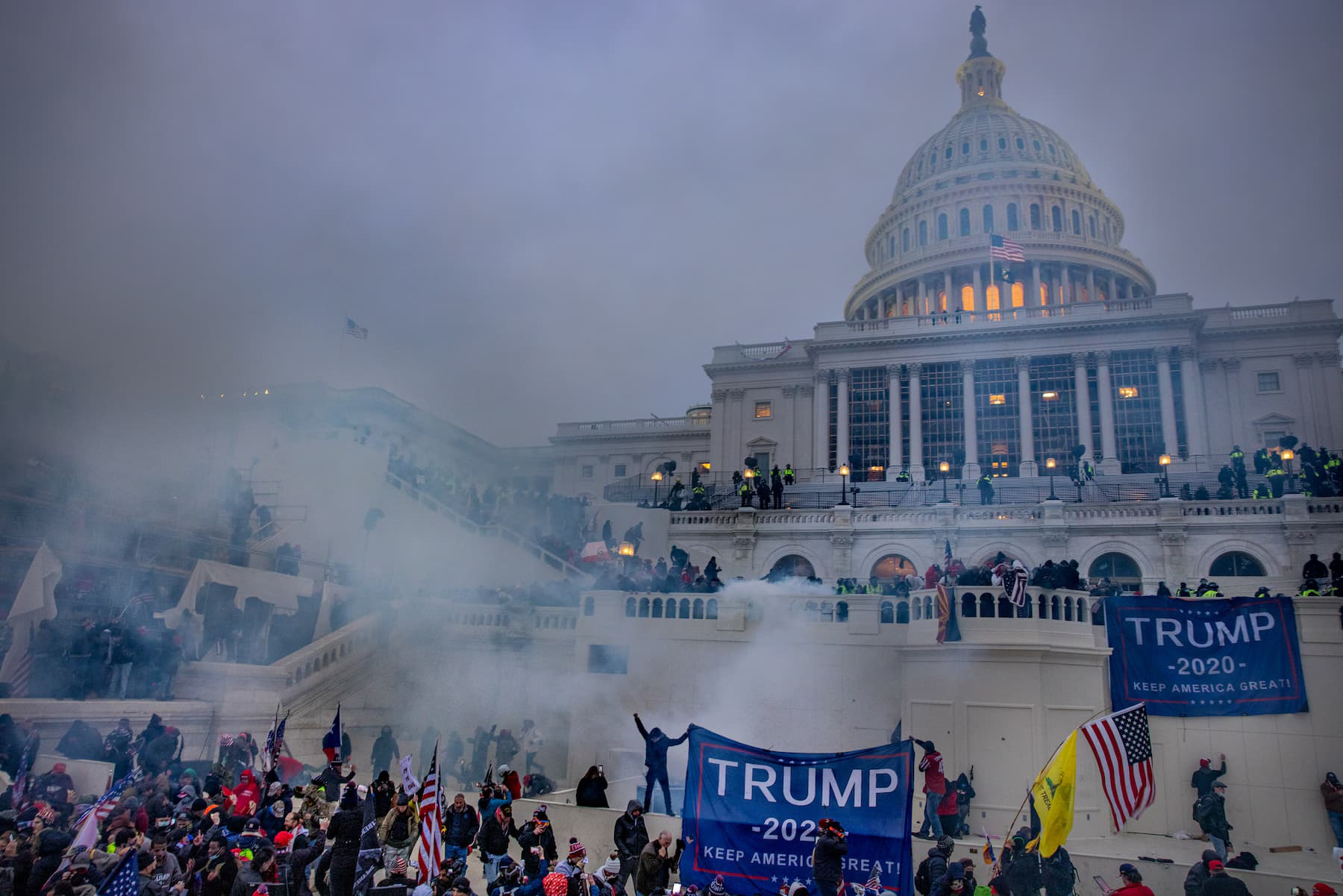Fascism"s Roots in American History
America"s struggle with fascism is not a new phenomenon; it is deeply woven into the fabric of our nation. As historical accounts reveal, fascism in the United States has roots that extend over a century, intertwined with white supremacy, violence, and social control. This history is not merely a relic of the past; it is a living reality, manifesting in the form of contemporary political extremism.
The Insurrection and its Echoes
On January 6, 2021, the Capitol insurrection exposed the virulent underbelly of American society, where a significant faction of the population is willing to resort to violence in the name of preserving a distorted sense of liberty. As reported by the Southern Poverty Law Center, over twenty active hate and militia groups operate in regions like the Missouri Ozarks, where I have witnessed firsthand the threats faced by civil rights activists. This insurrection did not arise in a vacuum; it was the culmination of years of racial and political violence, fueled by the very leaders who once promised to uphold democracy.

Number of U.S. hate groups hits new high
Violence as a Legacy of Whiteness
The white backlash against movements for racial justice, such as Black Lives Matter, is a glaring reminder of America"s historical commitment to racial terror. In 1906, a mob executed three Black men in Springfield, Missouri, in front of a crowd of six thousand witnesses. This horrifying act of lynching was not an isolated incident but part of a brutal legacy that has shaped the socio-political landscape of the United States. Kimberly Harper"s research highlights that more than twenty lynchings occurred in the Ozarks during the early twentieth century, laying the groundwork for systemic racism that persists today.
Political Extremism and its Justifications
The rhetoric used by extremist groups mirrors the justifications employed by historical white supremacists. Donald Trump"s incendiary language regarding Black voters as “illegal” echoes the claims made by those who rationalized lynching and terrorism in previous centuries. The insurrectionists, emboldened by this narrative, aimed to reclaim an imagined lost past where white supremacy reigned unchallenged. This ideological continuity is essential to understanding how contemporary movements operate within a framework that normalizes violence against marginalized communities.

What happened at the congressional hearings? | Fox News Video
Calls for Recognition and Accountability
To combat the resurgence of fascism, white Americans must confront the uncomfortable truths of their history. Recognition of systemic violence is essential for dismantling the structures that uphold white supremacy. The journey requires a collective epiphany—a shift in consciousness that allows individuals to see how their liberties have often come at the expense of others. As articulated by Zora Neale Hurston, this requires turning the ethnographic spyglass on ourselves, examining the assumptions and privileges that perpetuate inequality.
In a landscape where the far-right seizes upon moments of social upheaval to rally support, we must learn from the lessons of history. The violent legacies of lynching and racial terror are not distant memories; they inform the present. The struggle for civil rights and social justice is ongoing, and the need for accountability and recognition is more pressing than ever. The fight against fascism is intertwined with the fight for equality, demanding that we confront our past to pave the way for a more equitable future.

![[Video] Anti-ICE Protester Pepper Sprayed as CBP Agents Disperse Crowd in Minneapolis](/_next/image?url=%2Fapi%2Fimage%2Fthumbnails%2Fthumbnail-1768260677127-y71sb7-thumbnail.jpg&w=3840&q=75)

![[Video] Several injured as U-Haul truck drives through Iranian protestors in Los Angeles](/_next/image?url=%2Fapi%2Fimage%2Fthumbnails%2Fthumbnail-1768176682028-q95y6j-thumbnail.jpg&w=3840&q=75)
![[Video] Scuffle breaks out between Trump supporters and Anti-ICE protesters in Times Square](/_next/image?url=%2Fapi%2Fimage%2Fthumbnails%2Fthumbnail-1768165958203-hgcgb-thumbnail.jpg&w=3840&q=75)


![[Video] Gunfire between Iraqi security forces and Sadr militias in Baghdad](/_next/image?url=%2Fapi%2Fimage%2Fthumbnails%2Fthumbnail-1768343508874-4redb-thumbnail.jpg&w=3840&q=75)
